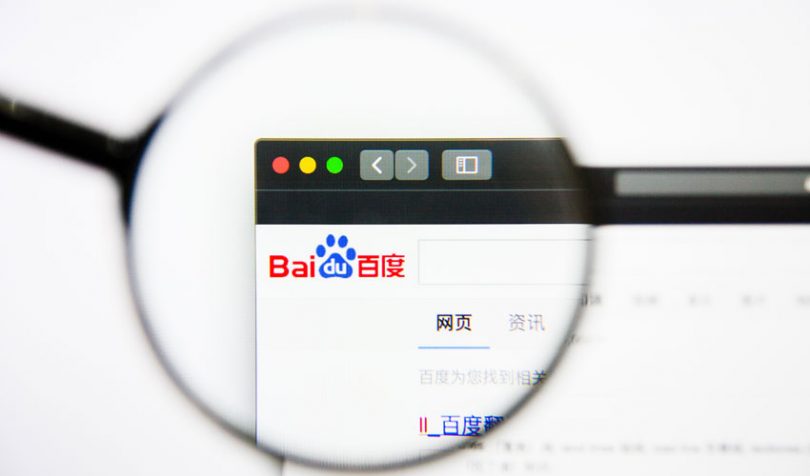Yesterday Baidu Cloud, part of China’s dominant search engine, unveiled its Blockchain as a Service platform (BaaS) offering, the Baidu Blockchain Engine (BBE). Baidu refers to it as the “blockchain operating system”. The BaaS platform currently supports three blockchain protocols: a permissioned version of Ethereum, Hyperledger Fabric, and Baidu’s own XuperChain which it’s open sourcing.
Last year it published plans that also included Hyperledger Sawtooth, but that’s not available at launch.
The company lists many expected features such as trusted computing environment, high performance and high throughput, scalable storage and a smart contract security audit.
But a couple of features stand out.
For example, it says there is cross-chain trusted interaction. Baidu’s XuperChain protocol supports parallel chains. So this most likely refers to communication between chains within XuperChain. If it relates to interoperability between Ethereum and Hyperledger Fabric blockchains, that would be very interesting.
The second feature that stands out is the “general smart contract”. All three blockchain protocols (Ethereum, Fabric, XuperChain) support Ethereum’s Solidity smart contracts. The general smart contract may be a “write once,” and it works on any of the three blockchains.
BBE is built on top of Baidu Cloud’s ABC strategy – AI, Big Data, and Cloud. Hosting is supported on Baidu’s private cloud platform as well as on premises.
Applications
Baidu lists numerous applications which are already in production including Internet of Things (IoT), hazardous chemical logistics, financial collection, asset securitization, sharing financial data, and consumer finance. The platform already supports the authenticity of 50 billion assets.
The blockchain announcement honed in on the hazardous chemical solution. For safety, the chemicals should only travel along planned routes, the driver needs to drive safely, and the truck needs to be in a good, safe condition.
Blockchain enables the truck data to be tracked and shared, with confidence about the source of information. There’s a security chip in the vehicle which prevents drivers from tampering with data. So all parties know the route the cargo took and whether the driver kept to appropriate speeds. Plus the vehicle certification has a digital signature, so the source is identified, making forgery far harder.
In the middle of last year, Baidu launched its photography copyright protection blockchain called PIC-CHAIN.






